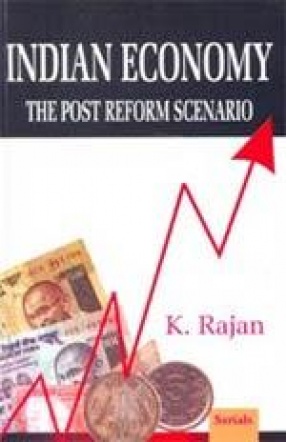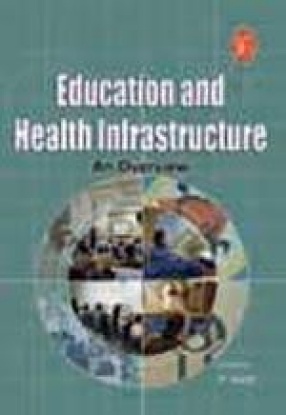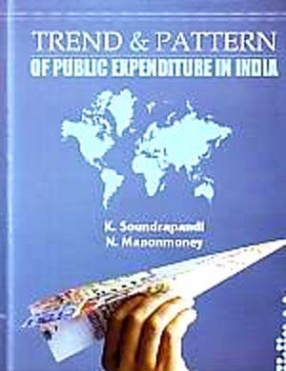The primary goal of Indian economic Planning was to achieve rapid economic development and it was believed that the fruits of development would percolate to the poor and the under privileged through the trickle down effect. The most important strategy adopted for rapid economic developments was to mobilize public investments in basic and heavy industries, infrastructure and in major irrigation infrastructure. Te public sector was assigned a dominant role in development and all the basic sectors and critical areas of investment were reserved to the public sector. At the same time, the private investments were regulated by a plethora of controls such as Industrial Licensing Policy, Foreign Exchange regulation Act and Monopolies and restrictive Trade Practices. However such a strategy of predominance of public sector and highly controlled private sector did not success in registering high role rate growth as expected. As a consequence it also failed to reduce the incidence and intensity of poverty and the Government was forced to refocuss planned economic development with poverty alleviation as one of the principal goals since the Vth plan. But the predominance of public sector continued without modification.
Indian Economy: The Post Reforms Scenario
In stock
Free & Quick Delivery Worldwide
reviews
Bibliographic information
Title
Indian Economy: The Post Reforms Scenario
Author
Edition
1st ed.
Publisher
ISBN
8183870023
Length
xvi+422p., Tables; Notes; References; Index; 23cm.
Subjects








There are no reviews yet.